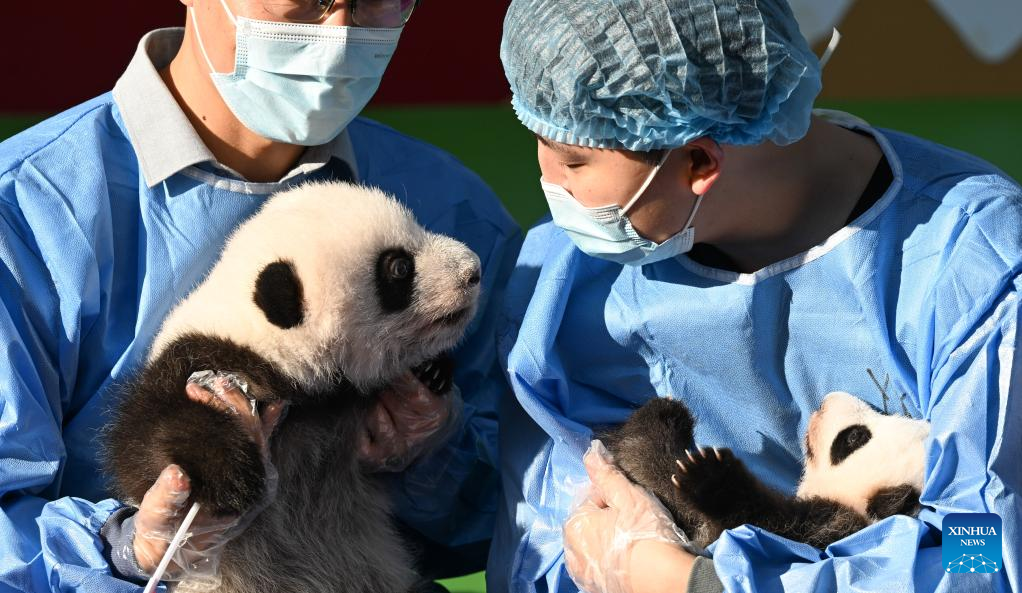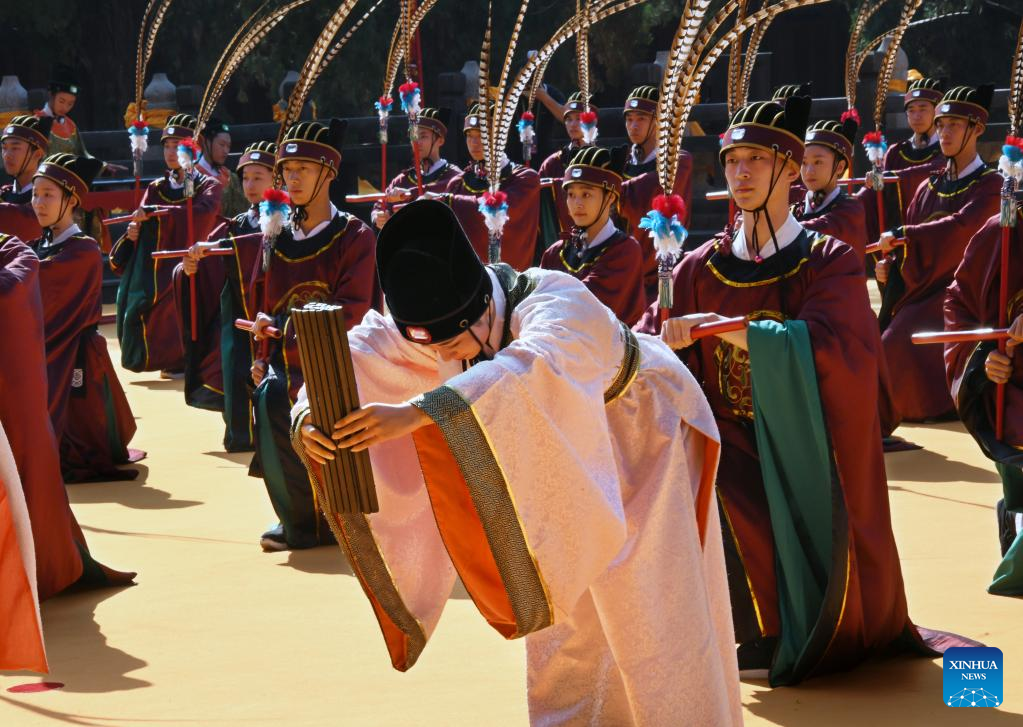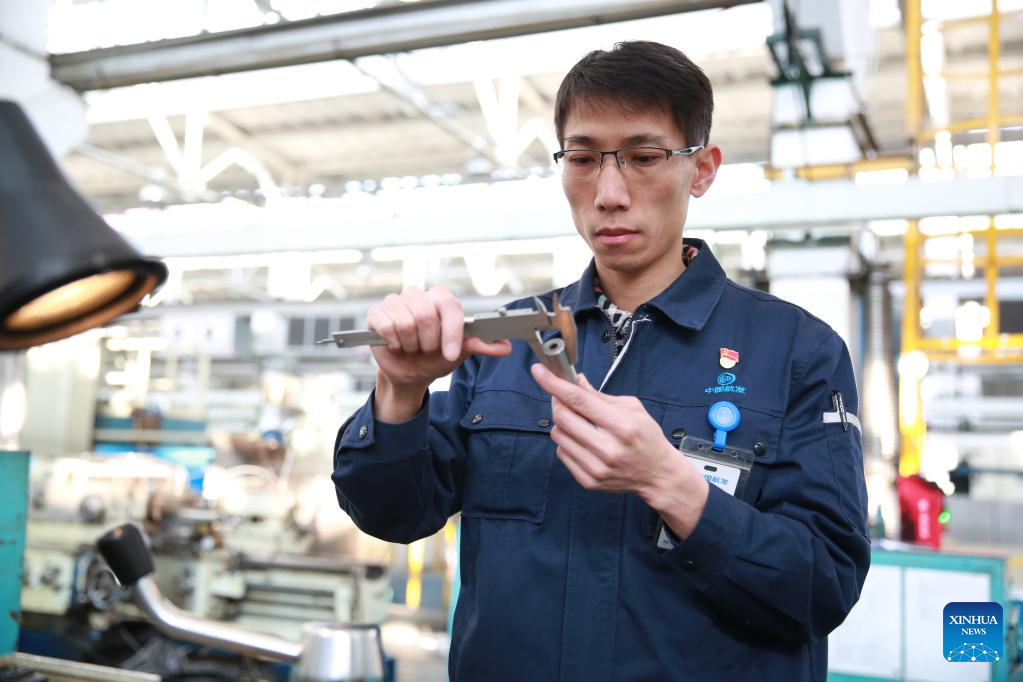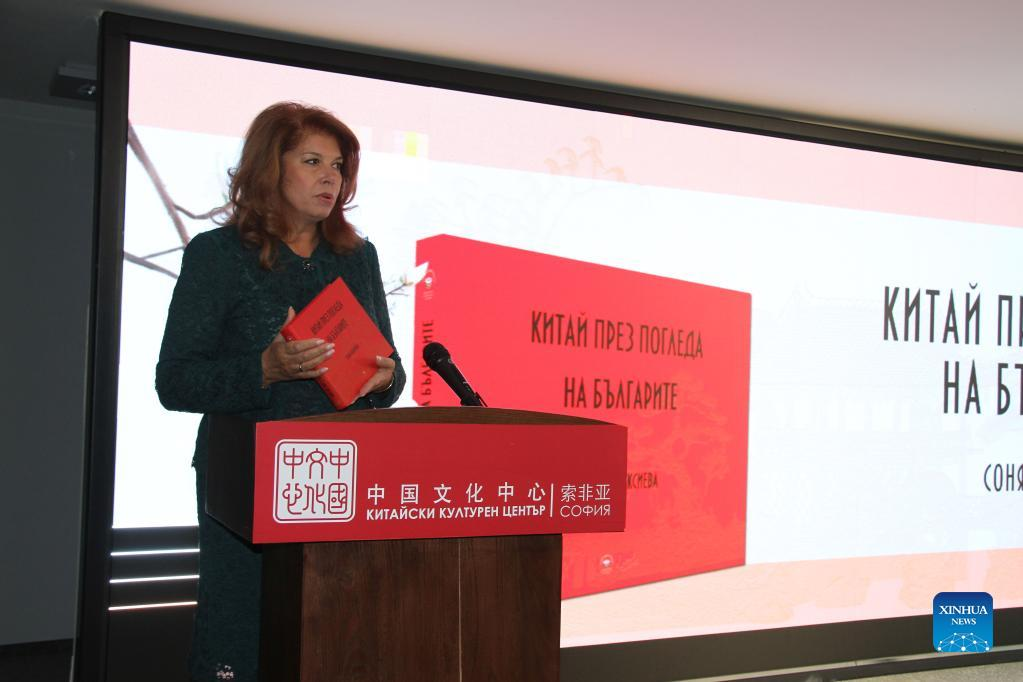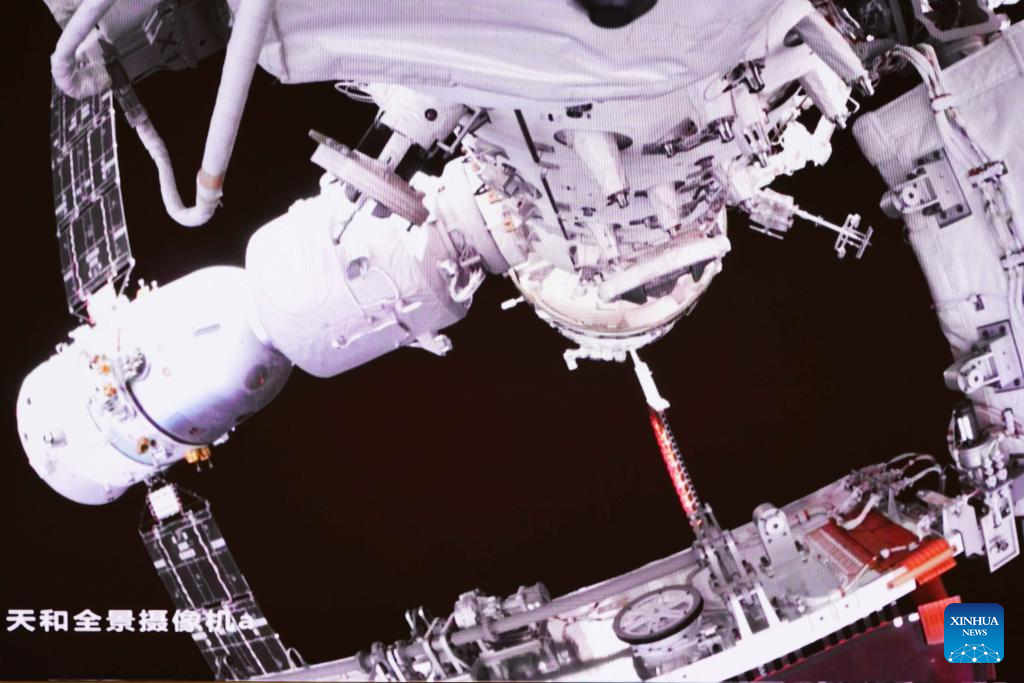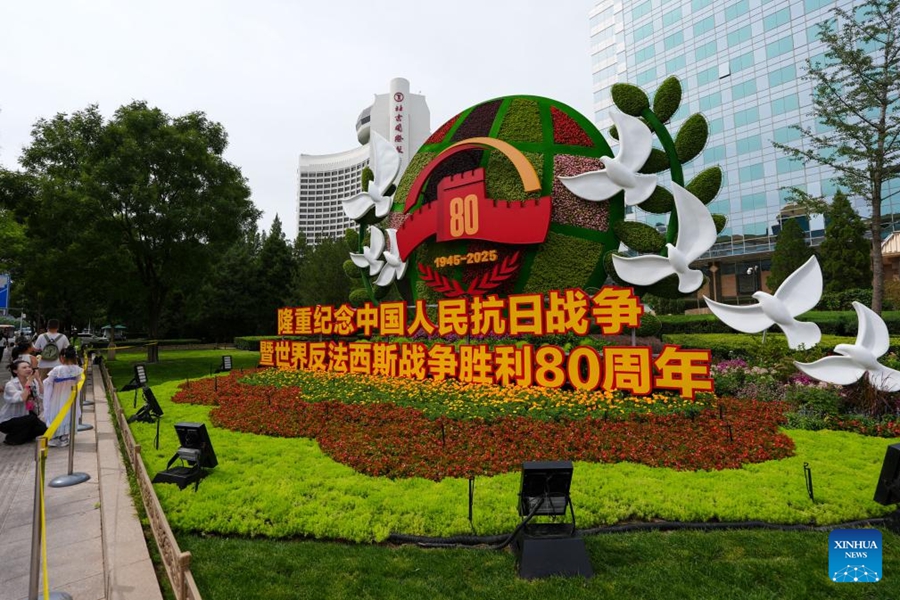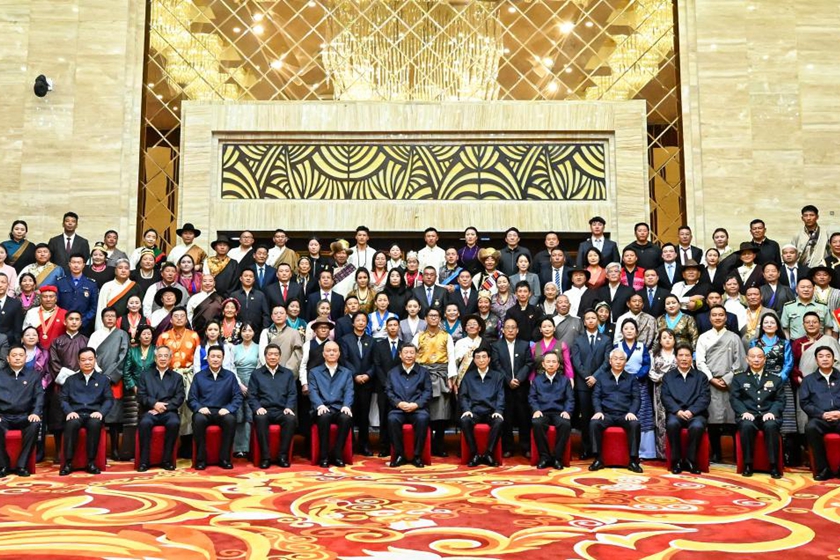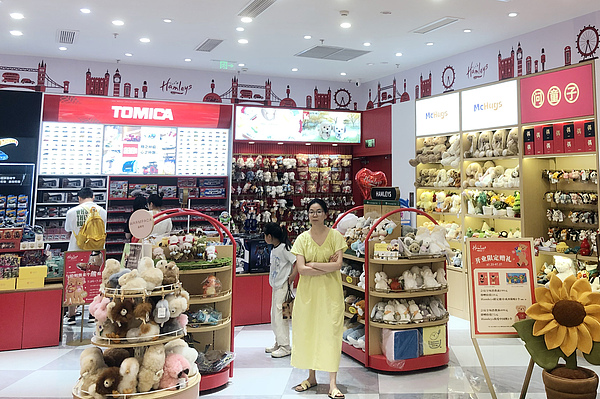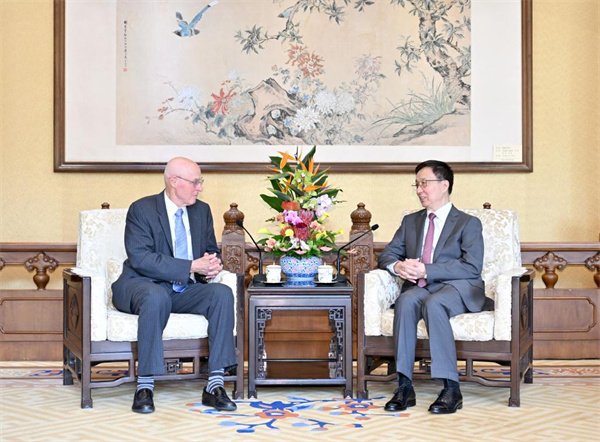
Chinese Vice President Han Zheng meets with former U.S. Treasury Secretary Henry Paulson in Beijing, capital of China, Sept. 26, 2023. (Xinhua/Yue Yuewei)
BEIJING, Sept. 26 (Xinhua) -- Chinese Vice President Han Zheng Tuesday met with former U.S. Treasury Secretary Henry Paulson in Beijing, saying China welcomes more U.S. companies to invest and do business in China to share development opportunities.
Noting China-U.S. relations are the most important bilateral relations in the world today, Han said the two countries, one being the biggest developing country and the other the biggest developed country, should enhance mutually beneficial cooperation in all areas, push forward the world's economic recovery together, and address global challenges.
Han said China always follows the guiding principles of mutual respect, peaceful coexistence, and win-win cooperation in dealing with relations with the United States. It is hoped that the U.S. side could work with China to bring the bilateral ties back to the track of sound and steady growth.
Since the beginning of this year, China's economy has kept on a general rebound track. The Chinese side will continue to optimize economic structures, deepen reform and opening up, and achieve high-quality development, said Han.
"We welcome more U.S. companies to invest and do business in China to share development opportunities together," Han added.
For his part, Paulson said he has confidence in the prospects of China's economic development. The U.S.-China relations have an important impact on the world. The two countries should maintain communication and dialogue, strengthen people-to-people exchanges and economic and trade cooperation, and jointly cope with global challenges such as climate change.
Paulson also expressed willingness to continue playing a positive role in promoting the steady development of U.S.-China relations.
Wang Yi, a member of the Political Bureau of the Communist Party of China Central Committee and director of the Office of the Central Commission for Foreign Affairs, met with a delegation led by Paulson on the same day.
Wang said the nosedive of China-U.S. relations does not meet the interests of the two peoples, the expectations of the international community, and the trend of the times. It is hoped that the United States will return to the rational and pragmatic track in its China policy, take concrete actions to lengthen the positive list and shorten the negative list, and work with China to explore ways of peaceful coexistence as two major countries.
Paulson welcomed the recent resumption and maintenance of dialogue between the United States and China, adding the two sides should indeed find the right way to get along with each other, build mutual trust, and push for the steady improvement of U.S.-China relations.


